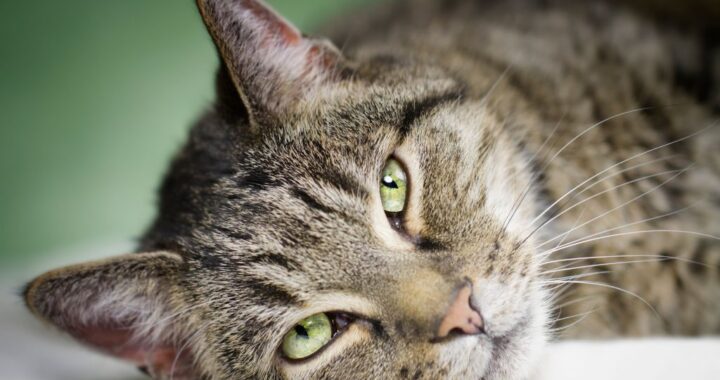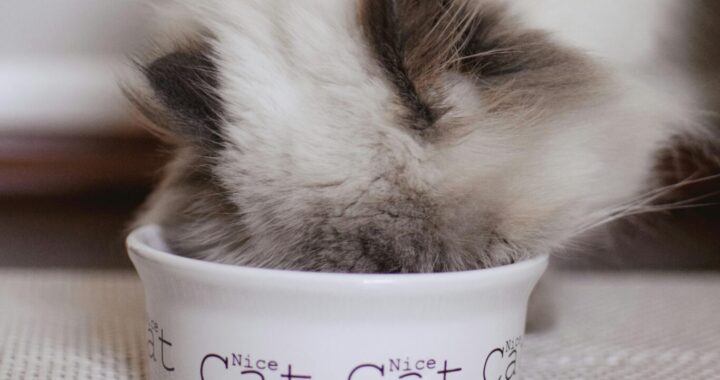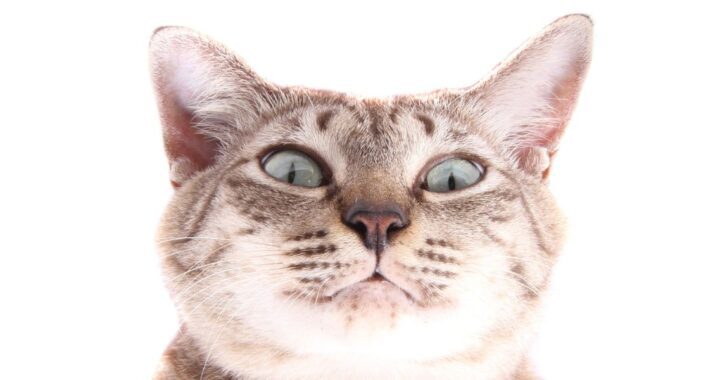Young, healthy cats have surprisingly excellent memories! In fact, their short-term memory is proven to be much better than most animals, including dogs, who may forget an event less than two minutes after it happens. A cat’s long-term memory is excellent as well. According to ‘Feline Intelligence,’ a 2013 Animal Planet documentary, “most knowledge is retained for life, thanks to the cat’s excellent [long-term] memory.”
Cats and Memory: Fast Facts
Cats prioritize remembering what’s important. According to a widely cited study involving finding food, a cat’s short-term memory can last for about 16 hours (when it’s something that matters to them).
Cats can hold a grudge. “Once they realize a person is causing them anxiety or hurt, they keep away,” according to John Bradshaw, an anthrozoologist at Bristol University and author of “Cat Sense: How the New Feline Science Can Make You a Better Friend to Your Pet.”
Cats can grieve and feel loss, just like people. According to VCA Animal Hospitals, cats demonstrate the loss of their companions in much the same way humans do: listlessness, decreased appetite, disinterest in recreation, increase in sleep, isolation, etc.
There are many examples of cats having great long-term memory, too. In 2015 Kunkush the cat and his family fled Iraq and boarded a boat to Europe as war refugees. They became separated in Greece and were not reunited for months. But when Kunkush heard his family for the first time on a Skype call, he clearly recognized their voices.
Senior cats can develop Alzheimer’s-like symptoms. Feline dementia is most common or noticeable in cats who are 10 years or older. Talk to your veterinary care provider if you notice any new disorientation, confusion, or other concerning symptoms in your older felines.




